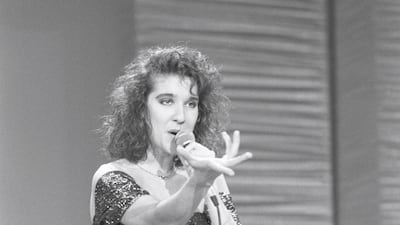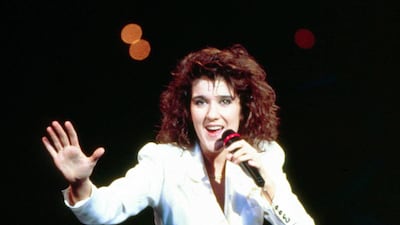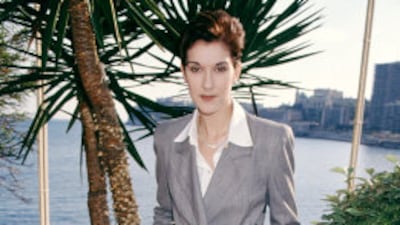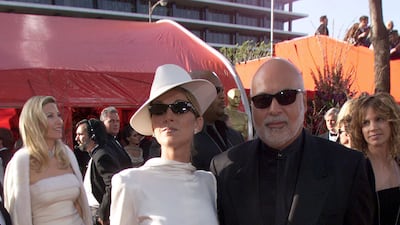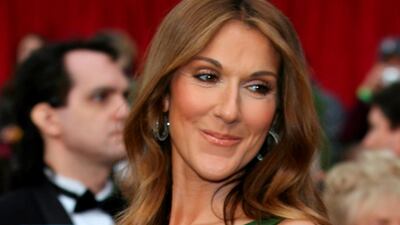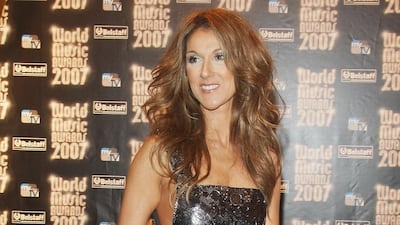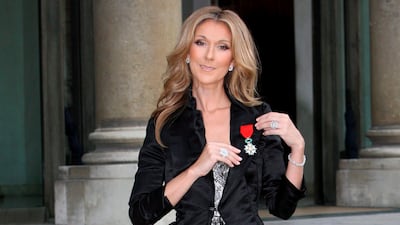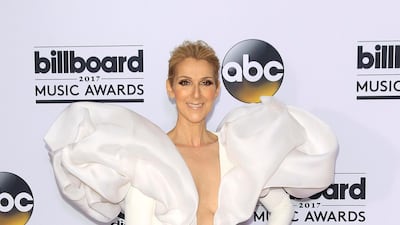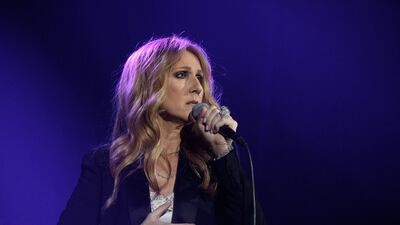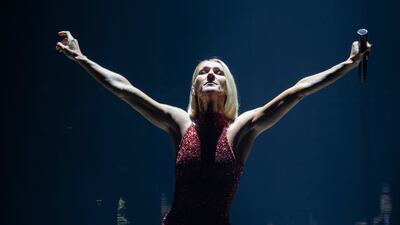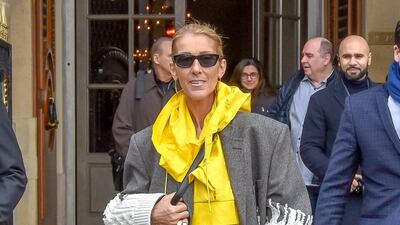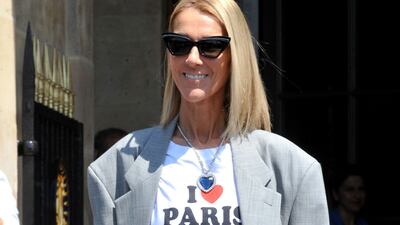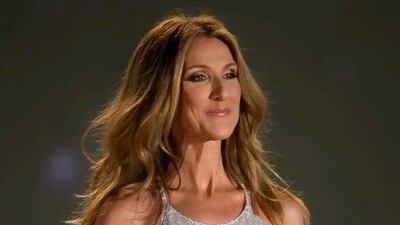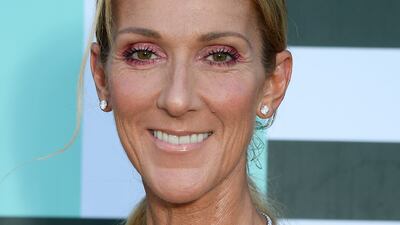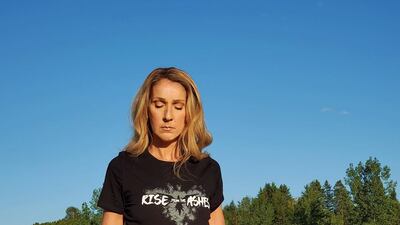About four months after she revealed she was dealing with a neurological disease called stiff person syndrome, Canadian singer Celine Dion has cancelled the rest of her world tour.
“I’m so sorry to disappoint all of you once again. I’m working really hard to build back my strength, but touring can be very difficult even when you’re 100 per cent," she shared on Instagram.
"It’s not fair to you to keep postponing the shows, and even though it breaks my heart, it’s best that we cancel everything now until I’m really ready to be back on stage again. I want you all to know, I’m not giving up… and I can’t wait to see you again!”
Dion cancelled some dates in her European tour and rescheduled others after she revealed in December that she was living with stiff person syndrome, also called Moersch-Woltman syndrome.
In a five-minute video posted on Instagram in French and English, Dion said she had been dealing with the health problems "for a long time".

The Cleveland Clinic describes stiff person syndrome as a rare autoimmune movement disorder that affects the central nervous system.
People with this condition experience a stiffening of the muscles in the trunk, then the development of stiffness and rigidity in the legs and other muscles in the body. It can also cause painful muscle spasms that occur randomly or triggered by noise, emotional distress and physical touch, says the clinic's description.
There is no cure, but treatments can slow its progression. Symptoms most commonly begin slowly over several months or a few years.
The rare disorder affects one in a million people, is also called Moersch-Woltman syndrome, formerly stiff man syndrome, and goes by the acronyms SPS or SMS.
The US National Organisation for Rare Disorders (NORD) says: "Stiff person syndrome has been described in the medical literature under many different, confusing names. Originally described as stiff man syndrome, the name was changed to reflect that the disorder can affect individuals of any age and of either gender. In fact, most individuals with the condition are women.
"Stiff-person syndrome is considered by many researchers to be a spectrum of disease ranging from the involvement of just one area of the body to a widespread, rapidly progressive form that also includes involvement of the brain stem and spinal cord."
Causes of stiff person syndrome
The exact cause of SPS is not known.
According to the NORD, it is theorised in medical literature that it could be an autoimmune disorder. "Autoimmune disorders are caused when the body’s natural defences (e.g., antibodies) against 'foreign' or invading organisms begin to attack healthy tissue for unknown reasons," the NORD explains.
It occurs most commonly in people aged 30 and 60 and is more likely seen in people with other autoimmune disorders such as diabetes or thyroiditis and certain cancers including breast, lung and kidney. According to the NORD, "SPS has been reported to occur in children and older adults as well".
'We’re still learning about this rare condition'
Dion cried when she spoke in December.
"Hello everyone, I'm sorry it's taken me so long to reach out to you. I miss you all so much and can’t wait to be on stage talking to you in person," she said.
"As you know, I’ve always been an open book and I wasn’t ready to say anything before but I'm ready now.
"I’ve been dealing with problems with my health for a long time and it's been really difficult for me to face my challenges and to talk about everything that I’ve been going through.
"Recently, I’ve been diagnosed with a very rare neurological disorder called the stiff person syndrome which affects one in a million people
"While we’re still learning about this rare condition, we now know this is what’s been causing all the spasms I’ve been having."
Describing her symptoms, she said the spasms affect "every aspect" of her daily life, making it difficult for her to walk and use her vocal chords.
"It hurts me to tell you today that this means I won’t be ready to restart my tour in Europe in February," she added.
"I have a great team of doctors working alongside me to help me get better and my precious children who are supporting me and giving me help.
"I'm working hard with my sports medicine therapist every day to build back my strength and my ability to perform again, but I have to admit it’s been a struggle.
"All I know is singing, it’s what I’ve done all my life and its what I love to do the most."
